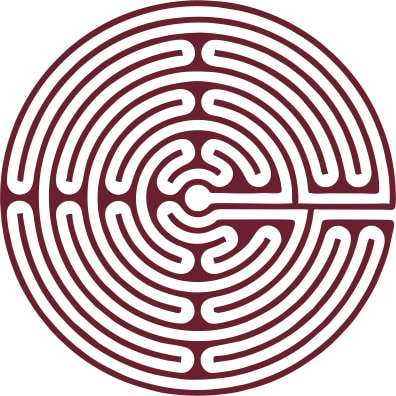Questions and Answers - Salicylate Sensitivity
If a food is not listed on the 'salicylate in food lists' it is safe to eat?
NO. Please do not make this assumption. The food lists contain information on the foods that were tested in a particular study. If a food does not appear in the lists it simply means that it was not tested and must, in the early stages, be treated as suspect.
Why don't you give the salicylate content of all foods/herbs?
How I wish I could provide this sort of information but testing has only taken place on a limited range of foods. Having said that, the lists we have do cover all the basic foodstuffs and are more than adequate in helping anyone establish of they have a salicylate sensitivity or not. If a sensitivity is identified, favourite foods not on the lists can be later added to the diet as a test and then either incorporated into the diet or eliminated depending on the outcome.
Can you tell me if a particular food, herb, or spice is high in salicylate?
I can only tell you about those mentioned in the lists and in the handbook. Information is not, currently available, for many foods, herbs and plants. If in doubt treat the food as suspect.
Does cooking destroy salicylate?
As far as I know, it does not. I have, however, found that cooking fruits and vegetables seems to be safer for me than eating them raw but whether this is because the salicylate is reduced or altered in some way I don't know.
Baxter et al tested the levels of salicylic acid in soups made from organic and non organic vegetables. They found that salicylic acid was present in all of the organic and most of the non-organic vegetable soups. The organic soups had a significantly higher content of salicylic acid. [Salicylic acid in soups prepared from organically and non-organically grown vegetables. Baxter G J, Graham A B, Lawrence J R, Wiles D, Paterson J R. Eur J Nutr 2001 Dec;40(6):289-92.]
Does freezing destroy salicylate?
I don't think it does but some people have reported that they are able to eat larger portions of frozen vegetables than freshly prepared ones. Perhaps the salicylate level is lower because the vegetables are picked before the salicylate content has become too high.
Do Chinese and other medicinal herbs contain salicylate?
As far as I know, most of these herbs have not been analyzed to establish their salicylate content. As most the herbs that have been tested have turned out to be high in salicylate, all herbs need to be treated as suspect.
If you feel you must use a particular herb or herbs the I suggest that you test them by introducing them (one at a time) and monitoring your reactions over a two week period - essential because of the build up effect of salicylate.
Is my uritcaria, hyperactivity, depression, joint pain, etc... caused by salicylate sensitivity?
I am sorry but it would be totally irresponsible of me to attempt to diagnose the cause of your health problems. If you suspect salicylate may be the culprit, please read the articles on this site and the Salicylate Handbook, keep a Food Diary and see your doctor.
I have been taking a vitamin/mineral supplement and am convinced it contains salicylate but the manufacturer says it doesn't. Am I wrong?
You are probably right.
Manufacturers often assume that you mean 'added' salicylate rather than naturally occurring salicylate so you may need to check the ingredients list again - if any of the vitamins come from natural sources (such as vitamin C from rose hips) then that could be the problem.
It could also be that it is a salicylate mimic that is causing the problems. For example: BHA or BHT could have been used as a preservative for any one of the individual vitamins. Also check for any added colours or flavourings.
It is important to check everything that you use as the following example illustrates. Boullata et al reported on the case of a 25 year old woman who had a history of aspirin allergy (acetylsalicylic acid). Having presented at a hospital emergency department with anaphylaxis it was discovered that shortly before the attack she had taken two weight loss tablets. On investigation it was discovered that these tablets included willow bark which is high in salicylates.
This study highlights the importance of not assuming that any form of supplements are inherently 'safe'. All ingredients - active and inactive - must be checked to ensure that you are not ingesting a substance that will be harmful for you. [Anaphylactic Reaction to a Dietary Supplement Containing Willow Bark. Boullata JI, McDonnell PJ, Oliva CD. Ann Pharmacother 2003;37:832-835.]
Can you recommend safe shampoos, cosmetics, soap, washing powder, cough mixtures, ointments...?
At one time I tried to keep this information but it is virtually impossible to keep up to date especially as ingredients vary from country to country. Manufacturers also change the ingredients used on an alarmingly regular basis. So sorry but I am unable to provide this type of information. I do, however, give some tips on what to look for in the Salicylate Handbook.
